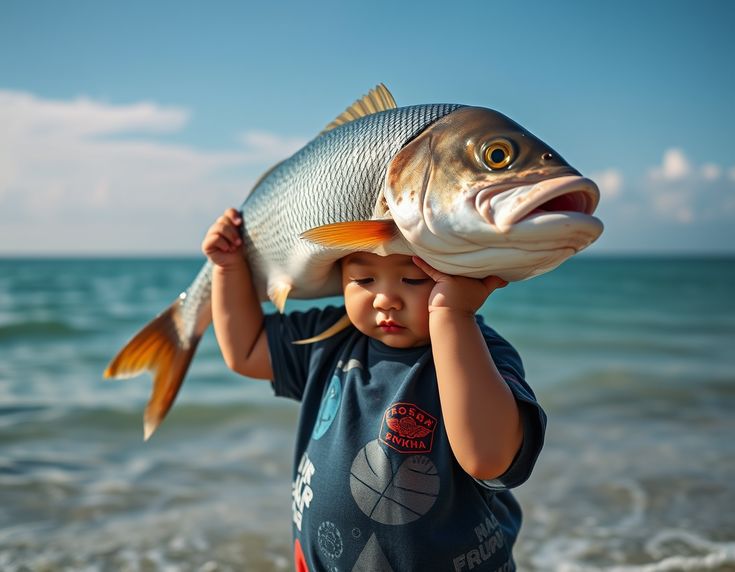Ornamental fish are more than just beautiful additions to an aquarium—they can be the beginning of a lifelong love for nature in a child.
When carefully selected, they teach responsibility, patience, and compassion in fun and engaging ways.
in South Africa, there is an exciting variety of native species that are both visually stunning and gentle enough for young aquarists.
However, not all ornamental fish are suitable for children. Some are aggressive, others require complex care, and a few are simply not hardy enough to handle beginner-level maintenance.
That’s why choosing the right fish, especially native to your region, can make all the difference in a safe and enjoyable aquarium experience.
If you run a pet store or aquarium shop, understanding which fish are best for children will help you educate families with confidence.
Let’s explore the safest, most colorful South African ornamental fish you can recommend to your customers—and how to help them build a happy, healthy home aquarium.
Understanding Ornamental Fish for Children
Ornamental fish for children should meet three core criteria: safety, ease of care, and visual appeal. Native species have the added benefit of being better adapted to local water conditions, which increases their resilience.
Children are naturally drawn to colorful, active, and friendly fish that don’t require intense maintenance. Choosing well can prevent stress for both the child and the caregiver.
As a pet store owner or aquarium specialist, your role is vital in guiding parents towards safe choices.
Providing basic information on compatibility, feeding habits, and behavior is often all that’s needed to empower families to enjoy fishkeeping.
Key Safety Criteria for Children’s Aquarium Fish
Before listing the top species, let’s define what makes a fish suitable for a child-friendly tank:
- Non-aggressive behavior: Avoid territorial or fin-nipping species.
- Hardiness: Choose species that tolerate small water fluctuations.
- Low maintenance needs: Fish that don’t require complex diets or constant monitoring.
- Moderate size: Fish that won’t outgrow small aquariums too quickly.
- Peaceful tank mates: Compatible with other calm species.
Top 7 South African Ornamental Fish for Kids
1. Cape Kurper (Sandelia capensis)
Small and peaceful, the Cape Kurper is a freshwater species that thrives in planted tanks. Its olive-green body and subtle pattern make it appealing, and its calm temperament is perfect for family aquariums.
It’s not too active, making it easier to observe and feed.
2. Southern Mouthbrooder (Pseudocrenilabrus philander)
With shimmering colors and a fascinating breeding method, the Southern Mouthbrooder captivates both children and adults. Males often display bright red fins and spotted bodies. They are peaceful if kept in groups and require minimal care.
3. Redbreast Tilapia (Tilapia rendalli)
Although more common in community tanks, the Redbreast Tilapia can adapt to smaller home aquariums if monitored. It has a vibrant color and peaceful behavior, and its omnivorous diet makes feeding easy.
4. Dwarf Squeaker Catfish (Synodontis spp.)
These bottom dwellers are entertaining to watch and very gentle. Their whiskers and spotted bodies make them stand out. They help clean up leftover food, aiding in aquarium maintenance.
5. Orangefin Barb (Enteromius eutaenia)
Highly active and social, the Orangefin Barb adds movement and color to tanks. They do best in small groups, which can be a fun way for children to learn about schooling behavior. Their orange fins are eye-catching and appealing.
6. Climbing Perch (Anabas testudineus)
This curious fish can breathe air and even move short distances on land, sparking curiosity in young minds. It prefers calm waters and is easy to care for. It’s best kept in a secure tank with a lid.
7. African Butterfly Fish (Pantodon buchholzi)
Known for its wing-like fins and floating behavior, the African Butterfly Fish adds a magical touch to any aquarium. It remains near the surface, offering a unique viewing experience. It’s calm but needs a peaceful environment.
